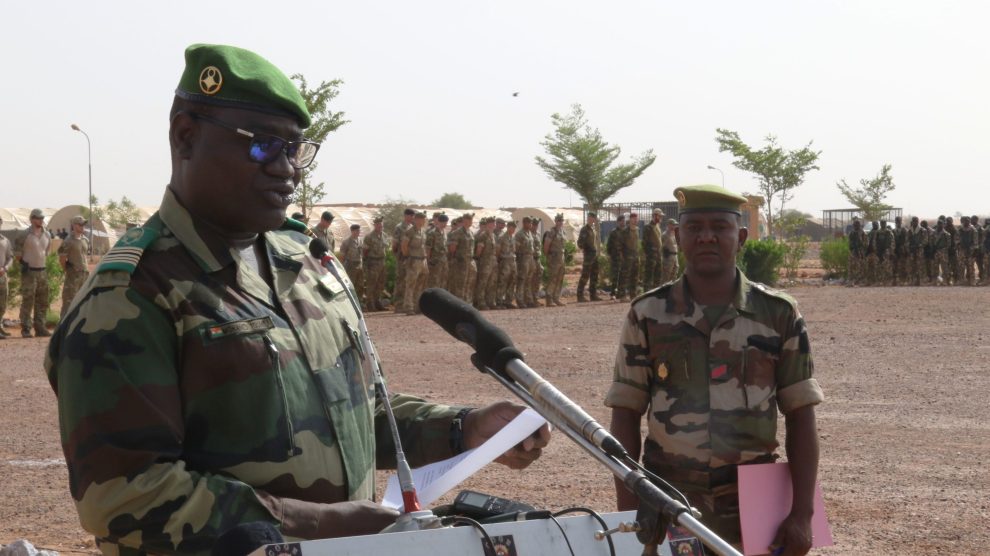Circling back to Niger. Nothing much has changed since late July, when the military junta led by General Abdourahamane Tchiani toppled the democratically-elected President Mohamed Bazoum and seized power – sparking serious concerns about the stability of the Sahelian area, where political instability compounds social and economic grievances and a jihadi extremism crisis.
- On Monday, the junta revoked a 2015 law that prohibited the transport of irregular migrants across the desert and towards the Mediterranean Sea, removing an effective and proven curb to the migratory waves from West Africa.
The French are out… Anti-colonialist sentiment (fuelled by Russian propaganda) was weaved through the demonstration in support of the coup in July, and much of it was directed toward France, the former colonial power. Paris is about to completely remove its military contingent, the largest international force in the country, after the junta made clear it had overstayed its welcome.
- Their withdrawal from counter-extremism operations is leaving leeway for Islamist militias to step up their game.
… and the Italians are still in. Meanwhile, a reduced contingent of 250 Italian personnel is still in welcome in Niger, where they have been training local forces and also combating jihadi violence. The ruling junta has made it clear to Rome that it considers this presence important and would welcome a resumption of training, possibly on a larger scale.
- In early November, Italy’s military attaché Colonel Franco Merlino was awarded a medal by General Tchiani “in recognition of the efforts that have made cooperation possible.”
A staying power. When France expressed willingness to take action in the aftermath of the coup, Italian Defence Minister Guido Crosetto had cautioned it not to play “cowboys in the saloon” and refrain from further destabilising the situation. This moderate line, brought forth by the entire Italian government, has allowed Rome to keep working with the country and combat extremism.
- It’s also in line with the United States’ position on Niger, i.e. seeking dialogue with the ruling junta on the grounds of realpolitik and pragmatism, at a time when the European Union is considering imposing sanctions on the coup leaders.
- Judd Devermont, the US National Security Council senior director for African Affairs, told DW that Washington seeks to continue dialogue with the Nigerien military to ensure the region’s security against jihadi violence.
- The US also has a large contingent, as well as a drone-launching base, in the country.
An opportunity for Rome. The Italian government is working to extend its reach in the African continent and consolidate its relationship with African countries through its own Mattei Plan approach. It’s also working in multilateral fora to ensure the African Union’s voice becomes more relevant on the global stage, ensuring it becomes part of the G-20 and making Africa a core focus of the G-7 it will lead in 2024.
- Given its strengthening outreach, Italy may also become a main actor in the Nigerien matter – working with military leaders towards a democratic transition while ensuring stability and building a European consensus to spearhead development programmes for the population and aid for the army.
- As Repubblica notes, a cross-party parliamentary consensus on the Sahel is not out of the question: Lorenzo Guerini, head of the opposition-controlled Parliament Intelligence Committee (which is preparing an Africa report) and member of the opposition Democratic Party, has repeatedly stressed the importance of security.
Image: Kulani Lakanaria, US Department of Defense




